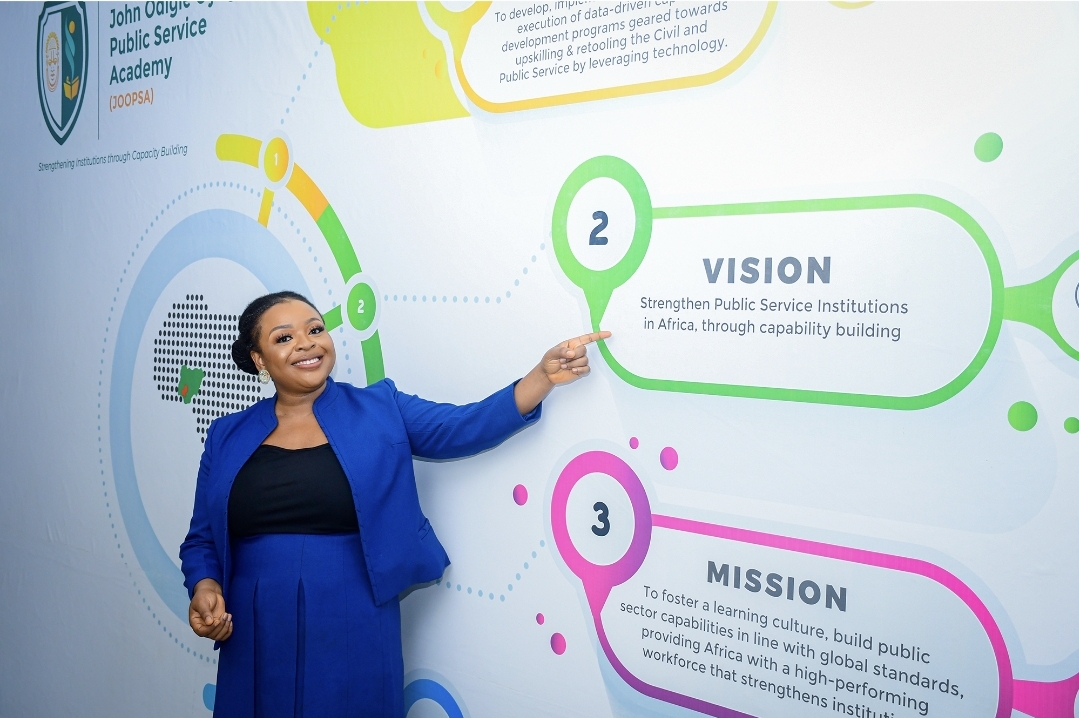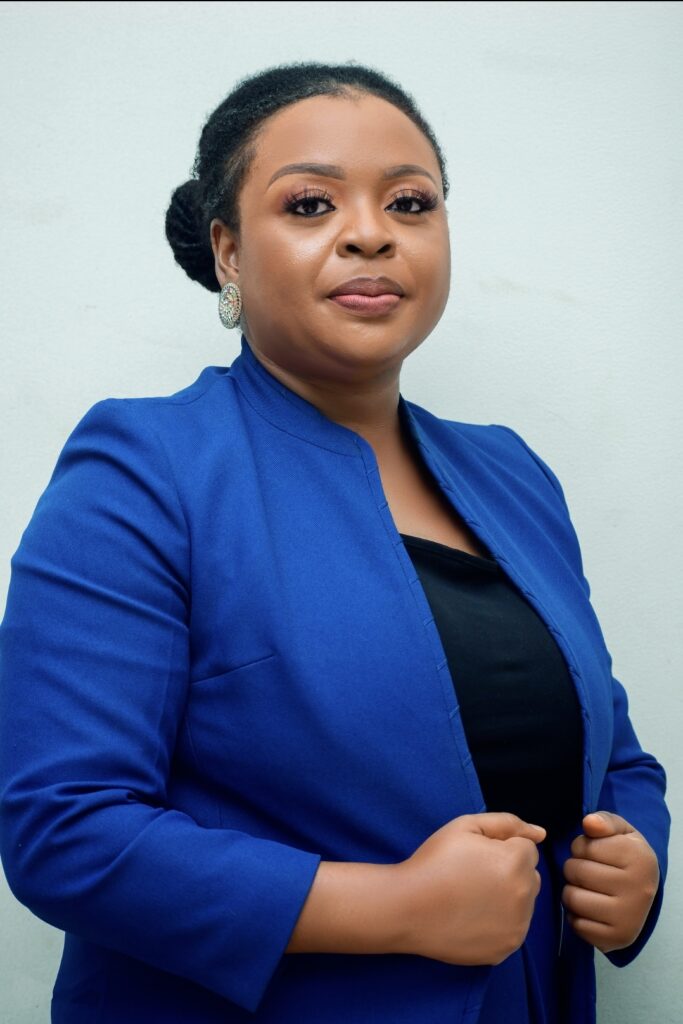The impact of building strong e-learning Institutions within our Digital Ecosystems
By Precious Imuwahen Ajoonu
In 2018 Dublin-based world-leading market research store, Research and Markets projected that the global e-learning market value will hit $325 billion by 2025.
In Africa, a large part of this emerging market will center around internet access and redefine our learning ecosystem to discover new and evolving learning goals, directly aimed at correcting the continent’s human capacity deficiencies.
The current public education system no longer serves the generation that needs it, and something must give.
We need to change what going to school means. The other day I wanted to learn to make scented candles and all I had to do was watch a few YouTube videos. Young people are learning skills online without accessing traditional institutions.
In Nigeria, we have about 109 million people with access to the internet. When building an e-learning institution in Nigeria, we must also think of the 219, 463, 862 people that make up our education market, with over 70% of that number being youths under 30 years of age.
Over 50% of that youth demographic is unemployed. This is where the legion of opportunities exists and correctly done the high unemployment rates can be reduced. Employers often argue that many school leavers still do not have the skills required to thrive in the modern workplace. Therefore, it has become imperative to up-skill, retool and adapt, if workers must compete efficiently in an evolving and largely unpredictable future workplace.
In 2020, I joined a project team mandated to upskill 5 million young Nigerians and place 3 million in dignified and fulfilling work within the next 5 years. After creating a globally competitive curriculum for Soft Skills Training, the next thing was to find the best e-learning platforms for our diverse audience.
Our rural catchment area coverage in Kaduna and Kano states were mostly versatile in the Hausa vernacular.
The challenge became not just to translate learning material but to transmit the whole learning experience into this vernacular. Another challenge was getting the content to the youth in these rural communities at scale.
The data showed that many participants could be better served through zero-rated low-tech platforms, which we utilized. One solution was to engage a digital content and interactive learning platform provider, who took our rural learners to WhatsApp and the results were nothing short of spectacular. We were able to reach more people and helped drive internal motivation among the learners. This experience helped to reinforce my conviction that learning brands, equipped with marketable learning solutions can transform education in Nigeria.
That said, private sector participation in new learning is not enough. State resources and infrastructure must come to play. Governments at all levels really have no choice if they are serious about putting youth to work. In Edo state, for example, the John Oyegun Public Service Academy (JOOPSA) a brainchild of Governor Godwin Nogheghase Obaseki has laid a solid foundation for the integration of technology and cultural transformation in the workplace. JOOPSA is focused on strengthening institutions through capacity building. The vision is to create a learning hub for public service education. We focus on scale and sustainability in building this brand for the state government, so the work doesn’t stop with this administration.
JOOPSA’s broader goal is to make its operation a model for the continent. Time has passed when the average civil servant was a shabby and boring backward paper logger. In a world driven by electric cars and Mars explorations, the African Public Service must start to embrace new ways of working through capacity building.
I argue that the biggest challenge we face is not a lack of resources but a mindset that holds us back. We simply need to change the way we see schooling and learning. There is no doubt in my mind that technology will continue to influence how we learn and work in Africa into the far future. The market is expanding, with so many possibilities. Learning must be relevant and focused on problem solving for it to be deemed effective. It is as simple as that, and that simplicity is backed by solid data.
We must build more brands to innovate the ways we acquire skills for work. There is no easier way to change the status quo than by creating learning brands that allow for free flow of ideas. We must also find ways to keep the brands going, from one regime to the next. This is a task that must be done if we must talk about poverty alleviation, work culture transformation and the future of work itself. The field is highly prospective, and its utility has been proven over time in the developed world. It is time for us to decide if we must rise to the task or not.
Precious Imuwahen Ajoonu is Managing Director, John Oyegun Public Service Academy (JOOPSA)



